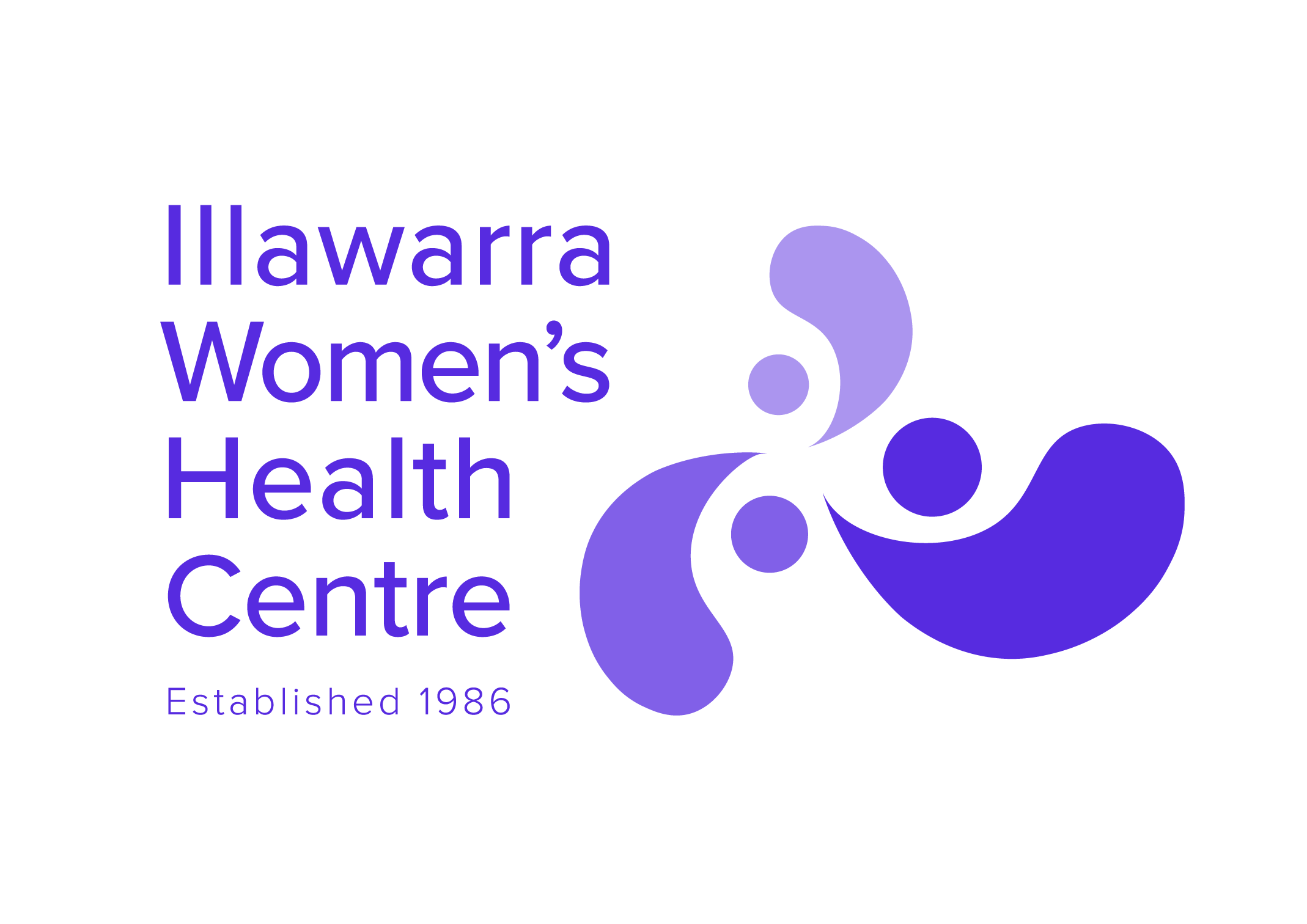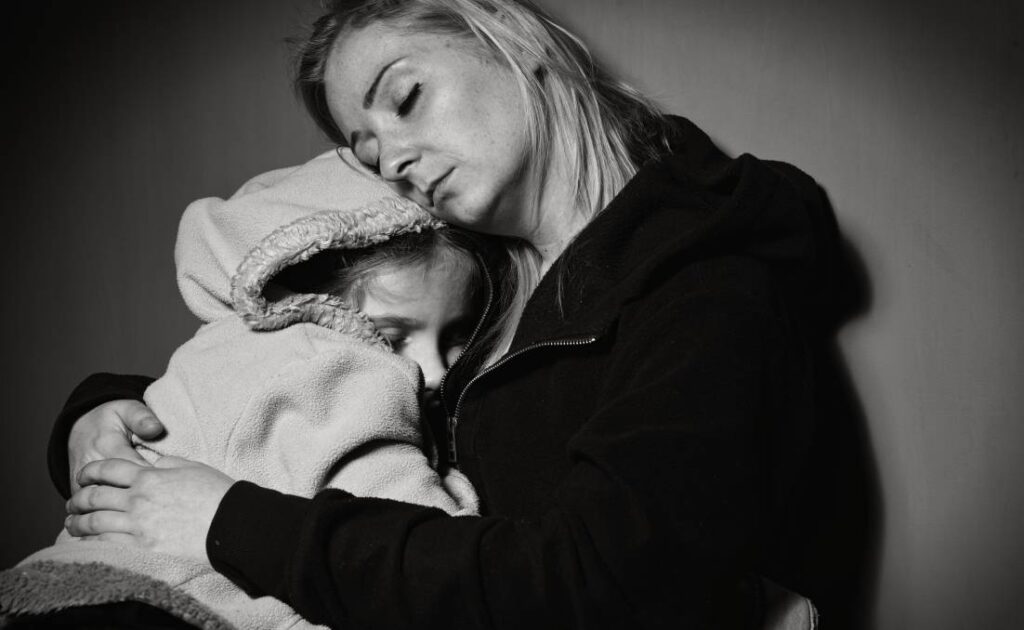Illawarra Mercury – Judy Daunt
Our focus is on mental health, sexual and reproductive health and the “shadow pandemic” of our time, family and domestic violence (DFV). Although we are small, we see over 3000 women a year, with more than 20,000 client contacts. Every day we receive an average of 30-40 calls for support and information as well as referrals from police, local refuges, GPs, private mental health providers, community service organisations, Family and Community Services (FACs), NSW Housing, and local health services.
Last Friday, our General Manager Sally Stevenson tweeted “Things are getting desperate here @IWHCwomenhealth re DFV. 17 new clients this week alone, wait list 2+mnths, staff overwhelmed & at risk of vicarious trauma & burnout. What do we tell women who call us for help? what?? We have 1.2 FTE caseworker/client support, 0.8FTE counsellor”.
Evidence shows that as with all disasters and times of social crisis, the COVID-19 pandemic disproportionately affects women. Provisional results from a University of Melbourne study indicate that for households with children, social isolation and school closures have added an extra six hours a day to care or supervision. Of those six hours, for heterosexual nuclear families, around four hours are being done by women, and two by their male partners. Housework, meanwhile, is up around an hour and 10 minutes every day for women, but less than half an hour for men.
Women are over-represented in the fields most affected by an economic shutdown. According to the McKinsey Global Institute, women’s jobs are 1.8 times more vulnerable to this crisis than men’s.
Women make up 39 per cent of global employment but account for 54 per cent of overall job losses. The hardest-hit sector, food and accommodation services, employs significant numbers of women and has shed a third of its workforce since March, according to the latest data from the ABS.
Women are over-represented in casual employment, and thus more likely to lose their jobs during the COVID-19 contraction and be ineligible for the government’s JobKeeper package. Women are hugely dominant in the (often low-paid) fields which during this crisis have qualified as “essential services”. More than 75 per cent of “health professionals” – which includes everyone from pharmacists to social workers and medical scientists, according to the Workplace Gender Equality Agency – are women. This group, like teachers, is more likely to be called upon to keep working through the crisis, often putting their own health at risk, while simultaneously being obliged to shoulder the previously discussed increase in domestic work.
As Annabelle Crabb put it, “women right now are more likely to lose work that is paid and more likely to pick up work that is unpaid.” Additionally, the gender superannuation gap is widening. AMP reports show that women are withdrawing a greater proportion of their super balance as part of the government’s early superannuation release scheme.
The consequent mental health impacts on women from this financial and workload stress are critical and significant. In April, UN Secretary-General Antonio Guterres noted that “COVID-19 could reverse the limited progress that has been made on gender equality and women’s rights”. With the pandemic set to stretch into 2021, his words are looking less like a warning and more like a certainty.
Just to add to this, domestic and family violence rates have risen across all socioeconomic groupings, and in all contexts – as was widely and publicly predicated in March. The Australian Institute of Criminology’s findings about women’s experiences of domestic violence during the early stages of the pandemic show that of the 15,000 Australian women surveyed, 11.6 per cent (1 in 10) reported experiencing emotionally abusive, harassing or controlling behaviour. Additionally, 5.8 per cent reported experiencing coercive control, often alongside physical or sexual violence. These incidents of violence frequently began or escalated during the pandemic. Of those women experiencing physical or sexual violence, two-thirds reported violence for the first time or an escalation in violence. Of those women experiencing coercive control, over half reported that the behaviours started or escalated during the pandemic.
This week, Will Alstergren, Chief Justice of the Family Court, said the prevalence of household violence is higher now than he’s witnessed at any time, during a career that spans three decades.
The Illawarra Women’s Health Centre is at the front line of this “shadow” pandemic. There is a significant increase in women contacting us for support due to domestic and family violence. Nearly all these women have complex needs.
As Client Support Manager Miranda Batchelor says, “the statistics are not able to really capture the complexity of the cases we have been supporting since COVID began. Domestic violence was complicated before the pandemic – now it’s on another level that no one has ever experienced. The restrictions and safety measures of COVID increase the risk, fear, and anxiety.”
She continues, “Some women are preparing to leave, trying to get their finances in order with Centrelink, for example. Some have left and are trying to navigate a range of services. Many need housing, mental health support because of the abuse, or help with the criminal justice system, including applying for Apprehended Violence Orders. Some need help accessing victims’ services compensation, support for distressing family law matters or support for abortion due to reproductive coercion. Some need support for all or a number of these issues”.
This is what our client support, caseworkers, and social workers are doing. Every day. Sally Stevenson paints a bleak picture. “We know the worst is yet to come after September, when much of the government financial support is removed or reduced, and we head into Christmas, a time when violence and abuse traditionally escalates. Services such as ours are full. And we have no new funding to help us cope with the increased demand. We are looking at a perfect storm.”
When a service is already overachieving, based on current funding arrangements, what happens when a pandemic hits? We need something to shift, and quickly. The government must act now and fund support services that keep women and children alive.
Illawarra Women’s Health Centre 4255 6800. Lifeline 13 11 14. NSW Domestic Violence Line on 1800 65 64 63
Judy Daunt is chairwoman of the Illawarra Women’s Centre

